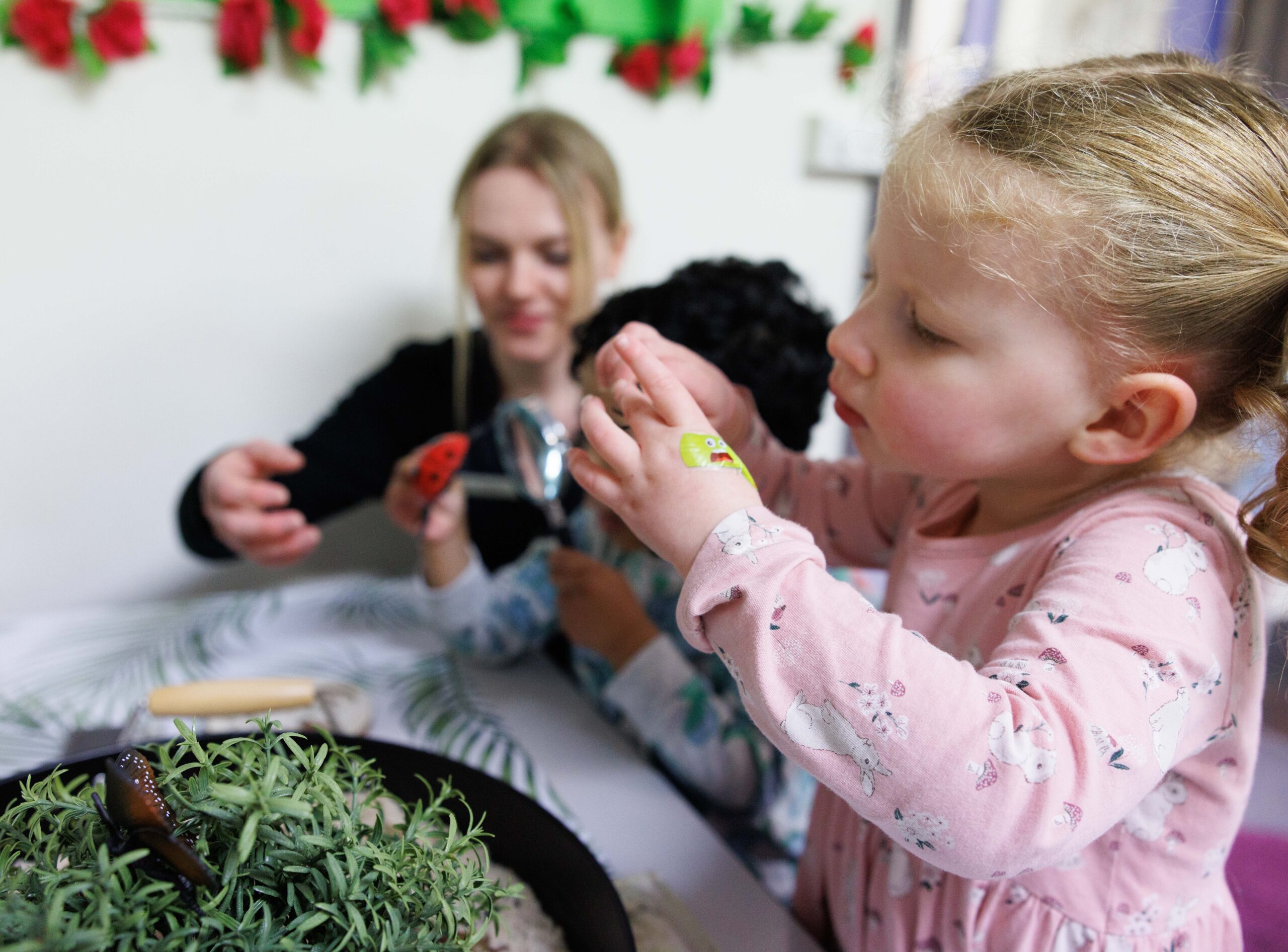22 August 2025
The Early Learning and Care Council of Australia (ELACCA) backs today’s Education Ministers Meeting agreements on a suite of national safety reform actions to improve safety, quality and transparency in the early learning and care sector.
‘Education Ministers today have joined together in a historic collaboration to agree on important reforms to further increase safety for our littlest learners. The establishment of a national educator register, nationally consistent mandatory child safety training, national trial of CCTV, increased transparency of provider quality for families plus other initiatives are an essential collection of impactful measures. Importantly, the critical role of nationally consistency legislation and regulation into the future cannot be underestimated.’ said ELACCA CEO Elizabeth Death.
‘ELACCA is committed to safe, high-quality early learning and care for all children, regardless of the location or type of service they attend.’ Ms Death said. ‘There is nothing more important than the safety and well-being of children coupled with support for our dedicated, skilled early learning professionals.’
‘However, we must remain vigilant. The national application of the Law and Regulations builds a safety net for consistent, clear policy and practice across the country. Shouldany one jurisdiction ‘go-it-alone’ and deviate from the National Quality Framework Law and Regulations, even for noble reasons, they would weaken the whole system,’ Ms Death said.
‘Families, and the sector, demand nationally consistent and easily navigable systems to ensure all children are safe. Australia still has a way to go before we can put hand on heart and say we have nationally consistent implementation, and now is the time for us to step up together – government, providers, educators and families – in lock step for our children.’
ELACCA supports the Australian Government’s $189 million investment and commitment, alongside State and Territory investments and commitment, to keeping our children safe through:
- $45 million to trial, test and establish a National Educator Register, to be built by the Australian Children’s Education and Care Quality Authority (ACECQA) and rolled out in 2026
- $21 million to cover wage costs for mandatory child safety training developed by the Australian Centre for Child Protection (ACCP) for all early learning and care staff who work with children, including through all levels of management up to the board room
- $21 million to assess the risks and benefits of CCTV through a trial in 300 services, overseen by experts including ACCP.
- A ban on personal mobile phones from September 2025
- Increased transparency for families through a $2 million update and upgrade to the Starting Blocks website, including to show compliance breaches and enforcement actions from November, with a further $5 million to ACECQA to increase understanding of safety and quality in early learning and care by families.
- Increased penalties for violations of the national law and regulations
- An increase in unannounced spot checks – 1600 additional unannounced visits each year by Commonwealth officers, plus $73 million in compliance actions to lift safety and integrity, including new powers to cut funding to providers that don’t meet quality and safety standards.
- Rapid review by ACECQA on supervision rules, including how the current adult:child ratios are being implemented and if there are changes required to increase the safety of our children.
- $22 million funding for joint regulatory action – for joint compliance work and monitoring with states and territories and to improve data exchange.
- Regular assessment and rating visits, with states and territories to ensure that all services are assessed on average every three years, and those rated “Working Towards” the National Quality Standard more frequently.
ELACCA and our members support measures that are aimed at improving quality and increasing safety for children and educators in our sector, and we will lean in, with governments and sector colleagues to inform and implement today’s suite of reforms.
ELACCA also supports efforts by governments to investigate ways of preventing unscrupulous operators from entering the market or switching across care sectors, including between early learning and care, aged care, disability care and veterans’ care. We would also support implementing a National Working with Vulnerable People Check across all states and territories, for people seeking to work and volunteer in early childhood education and across the care economy. ELACCA also continues to call for a national reportable conduct scheme.
It is ELACCA’s vision that all children in Australia have access to inclusive, high-quality early learning and care, delivered by a skilled, valued workforce.
Ends
Early Learning and Care Council of Australia
PO Box 348
Annandale NSW 2038
About us:
The Early Learning and Care Council of Australia (ELACCA) was established to promote the value of quality early learning and care as an integral part of Australia’s education system. Our 17 CEO members include some of the largest early learning providers in the country, representing both not-for-profit and for-profit services. ELACCA members operate 1,947 long day care services, 297 preschool/kindergarten services and 77 OSHC services, covering every state and territory. They offer one-quarter of all the early learning places in Australia. Together, our members serve 356,339 children and their families, and employ more than 57,000 staff.
As well as promoting the value of quality early learning and the need for greater public investment, ELACCA advocates for the right of all children to access quality early learning and care, particularly children facing disadvantage. We do this by drawing on the knowledge and practical experience of our members and representing their views to decision makers in government, the media and the public.

